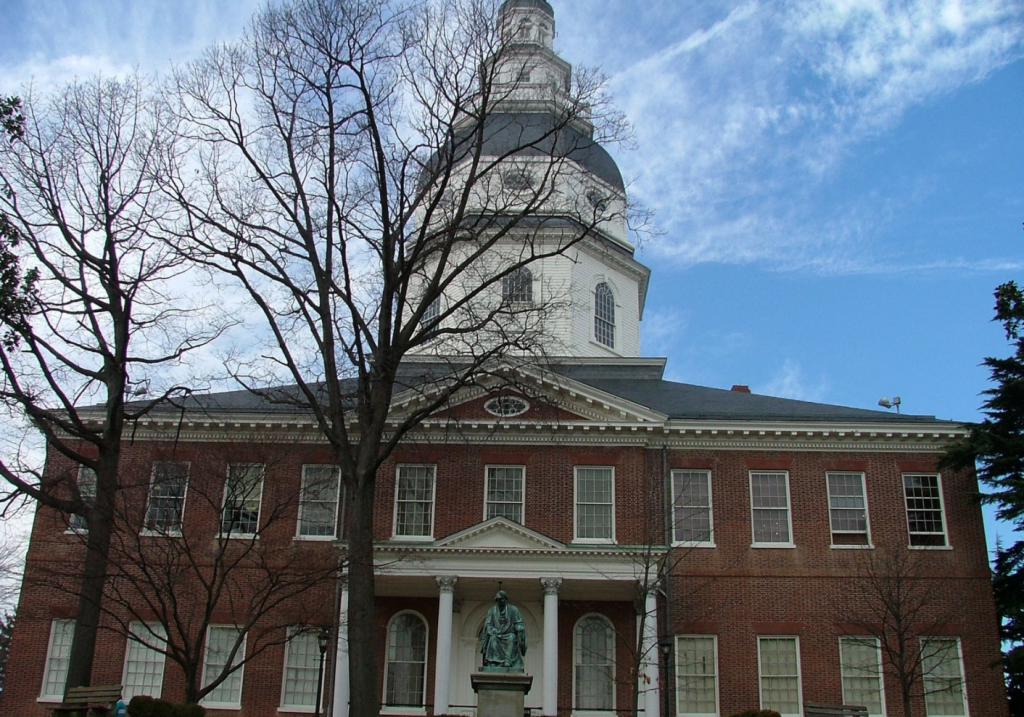Letter of Information: Senate Bill 245: Public Schools – School Resource Officers – Requirements and Prohibitions

The following Letter of Information was sent to the Senate Education Health and Environmental Affairs Committee of the Maryland General Assembly on January 15, 2021.
On behalf of the Maryland Center for School Safety (MCSS), which strives to promote and enhance school communities that are inclusive educational environments free from fear, harm, trauma, and unnecessary hardship, thank you for the opportunity to submit this letter of information regarding Senate Bill 245.
Senate Bill 245 would amend The Safe to Learn Act of 2018 (STLA) in three significant ways. First, it would prohibit School Resource Officers (SROs) from regularly entering school buildings unless they need to use the bathroom and only permits entry in other circumstances when an SRO is summoned by a school administrator or official. Second, it would prohibit SROs from openly carrying their service weapon except in limited circumstances. Third, it would prohibit SROs from wearing law enforcement uniforms.
The STLA defines an SRO as a law enforcement officer (§3–101(e)) who has been assigned to a school in accordance with a required Memorandum of Understanding (MOU) between the chief of a law enforcement agency (§3–101(b)) and the local education agency. The definition of SRO also encompasses Baltimore City school police officers (§4–318). Memorandums of Understanding set a positive tone for school-law enforcement partnerships and establish the goals of particular SRO programs. MOUs should be reviewed annually, and, at a minimum, should establish roles and responsibilities for school administrators and staff and the SROs assigned to serve the school community in a way which clearly delineates the differences in their respective roles while acknowledging common goals for maintaining a positive school environment.
Law enforcement professionals selected to become SROs in Maryland benefit from holistic education and training specific to the unique, important, and varied roles that SROs fulfill in Maryland’s twenty-four diverse local school systems. Maryland’s five-day SRO training curriculum, which is administered by MCSS, prepares an SRO to fulfill four distinct roles within a school community: the Role of Educator, the Role of Emergency Manager, the Role of Informal Counselor, and the Role of Law Enforcement. Topics required by law to be covered in the MCSS training curriculum include De-escalation, Disability Awareness, Maintaining a Positive School Climate, Constructive Interactions with Students, Implicit Bias, and Disability and Diversity Awareness with specific attention to Racial and Ethnic Disparities.
While the STLA mandates that SROs complete the mandatory curriculum, the Act does not require officers who fulfill the role of “adequate law enforcement coverage” and other patrol officers, who may be contacted for service by a school, to be trained in the curriculum. This specialized training for working with youth within the school setting provides SROs with a unique understanding of how to fulfill the four roles of their job while serving and supporting Maryland’s students. It is critical to the performance of their duties, as they have trained under the STLA, that officers assigned to serve as SROs have the opportunity for meaningful engagement and relationship building with the students and staff they serve. Senate Bill 245 essentially reduces SROs to the functions of an emergency manager or patrol officer and strips away the ability for officers to engage in the other functions critical to service as an SRO.
The STLA mandates either the assignment of an SRO or adequate law enforcement coverage for each individual school within each of Maryland’s twenty-four local school systems. Local school systems, working in concert with local law enforcement agencies, determine how they will fulfill this mandate based on factors ranging from specific school climate and proximity to the closest first responders to student population size and other resources available.
Recognizing the uniqueness of each school system and each school within a school system, the STLA contains built-in flexibility to allow local school systems, in consultation with local law enforcement agencies, to determine whether SROs or adequate law enforcement coverage would best align with their needs and resources. Local school systems need not have a one-size fits all approach to every school within its system. As the STLA allows for variability based on local needs and resources, MCSS does not recommend changes in the law that would take away the ability for local authorities to determine how to position an SRO (or adequate law enforcement coverage) inside or outside of school buildings.
MCSS provided the standardized training curriculum for SROs and school security employees established in the STLA for the first time over several months leading up to the start of the 2019-2020 academic year. Although in-person training has been curtailed due to the pandemic, MCSS continues to train SROs and school security employees virtually and has offered multiple training sessions of “Understanding the Role of the SRO” for school administrators and staff. MCSS continues to add interdisciplinary training courses to fit the needs of local school systems and the SROs who currently serve them, along with other school professionals.
We respectfully request that you consider this information as you deliberate Senate Bill 245.
Kate Hession, Executive Director, Maryland Center for School Safety
